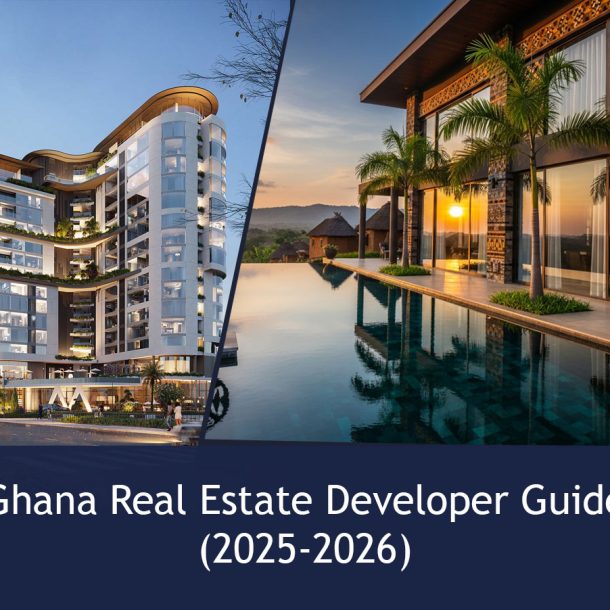
The Ghanaian housing market in 2025 presents a complex financial environment, shaped by strong real estate appreciation, high borrowing costs, and persistent project execution risks. While property ownership remains one of the most reliable defenses against inflation, limited access to affordable credit continues to restrict homeownership for the majority of the population.
Table of Contents
ToggleAnalysis indicates that while inflation is projected to moderate to 15.4 percent in 2025, real estate values in prime Accra locations have appreciated by 20 to 25 percent since 2020. Urban apartments have experienced even sharper growth, with appreciation rates between 40 and 49 percent. This confirms real estate’s role as a powerful wealth preservation and growth tool.
However, borrowing costs remain prohibitively high, with Cedi-denominated mortgages fixed around 18 percent per annum. This steep rate makes leveraged home purchases financially demanding, pushing many middle-income earners toward self-building. Though flexible, self-building introduces serious risks such as land disputes and cost inflation.
The optimal housing strategy depends on one’s available capital, risk appetite, and time commitment:
Urbanization and rising incomes are the dominant forces driving Ghana’s housing market. The growing middle class increasingly seeks high-quality housing, but supply remains insufficient, widening the national housing deficit and driving up both sale prices and rents.
With GDP growth projected at 5.8 percent and inflation at 15.4 percent, real estate continues to outperform most other asset classes, maintaining an average appreciation rate 3.2 percentage points above inflation. This reinforces property ownership as a superior hedge against inflationary pressure.
Despite government efforts to promote private-sector housing under the National Housing Policy, financing constraints sustain self-building as the most accessible route for many Ghanaians. Weak enforcement of building codes by local authorities also perpetuates informal construction practices.
Mortgages in Ghana are expensive. Local currency loans carry rates of about 18 percent for up to 20 years, while USD mortgages are offered at 11.5 percent for up to 15 years. Although USD loans appear cheaper, Cedi depreciation risks often neutralize their advantage for locally paid workers.
Most lenders require at least 20 percent down payment. With property values up 20 to 25 percent since 2020, this upfront capital has become a significant barrier. Buyers must also account for stamp duty (0.25–1 percent), title registration, insurance, and legal fees, adding 3 to 5 percent to the total purchase cost.
Ongoing ownership costs include annual maintenance (1 to 4 percent of property value), property taxes, insurance, and, in gated communities, Homeowners Association (HOA) fees. Proper maintenance is essential for preserving long-term value and avoiding structural deterioration.
Building a standard three-bedroom home in Accra costs between GH₵310,000 and GH₵544,000 depending on quality and finishes. Finishes alone can vary from GH₵80,000 to GH₵200,000, and an additional 15 to 25 percent contingency is recommended to cover material price fluctuations and delays.
Self-building exposes owners to land litigation, contractor mismanagement, and price volatility. Legal land verification at the Lands Commission and certified surveys are mandatory to avoid disputes. Poor planning or weak oversight can result in cost overruns or total project failure.
Obtaining a building permit involves modest fees but lengthy processes. Documentation, inspection, and municipal processing typically cost between GH₵250 and GH₵500, depending on the district.
Rental prices in Accra vary drastically. Prime areas command over GH₵10,000 monthly for one-bedroom apartments, while suburban and outlying areas such as Madina or Kasoa offer units from GH₵400 to GH₵2,300. Renting in affordable neighborhoods can reduce housing expenditure by up to 80 percent, freeing capital for investment.
Rents are expected to rise in line with the 15.4 percent inflation forecast. Landlords face an 8 percent rent income tax, which is often passed on to tenants through higher rental prices. Renters effectively bear part of this tax through market adjustments.
Renting minimizes upfront capital requirements—usually limited to one month’s rent and minor agent fees. The capital saved from avoiding a 20 percent down payment and reduced monthly costs can be invested elsewhere, potentially outperforming mortgage-bound property ownership in total returns over time.
Common rent-versus-buy calculators fail to reflect Ghana’s economic realities. Unlike Western contexts, mortgage interest deductions do not apply, and opportunity cost assumptions must consider Ghana’s high inflation and exceptional property appreciation rates.
Although high interest rates make ownership costly at first, the real burden declines over time as inflation erodes nominal debt value. However, the “rent and invest” model remains competitive if the renter consistently invests the savings into assets that outperform mortgage interest rates. The key lies in disciplined reinvestment and inflation-aware financial planning.
High-Income, Risk-Averse: Buying is optimal when leverage is low. Prioritize high-appreciation properties in prime locations.
Mid-Income, Project-Oriented: Self-building suits those with time and management skills. Secure legally verified land and budget a 15 to 25 percent contingency.
Liquidity-Focused Individuals: Renting and investing saved capital in high-yield assets provides superior flexibility and long-term returns.
Ghana’s property market continues to outperform inflation, making real estate a cornerstone of long-term wealth creation. The best housing decision depends on aligning financial capacity, risk management, and capital deployment strategy. Whether renting, building, or buying, disciplined cost management and informed timing remain the foundation of financial success in Ghana’s housing market.
